VW takes XL1 to production for a limited run
//youtu.be/http://www.youtube.com/watch?v=mLBvoa3ouTk
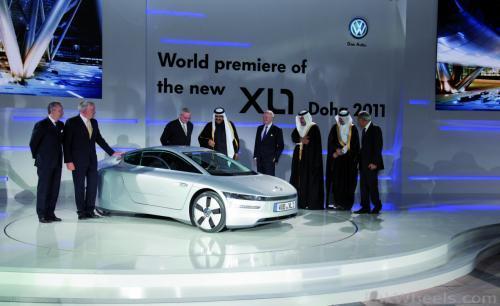
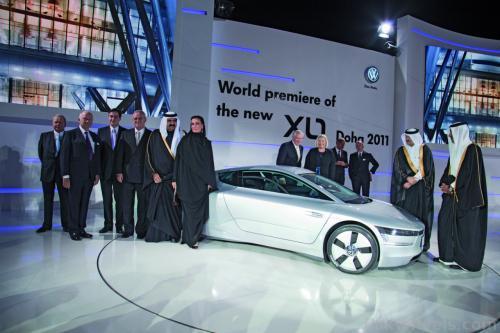
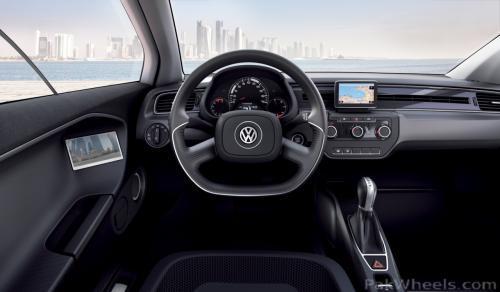
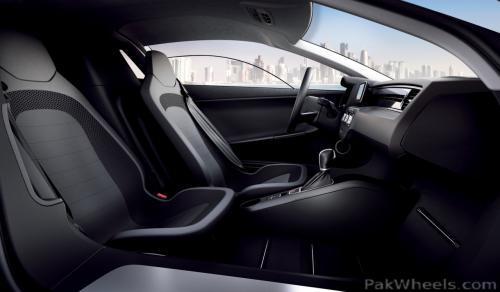
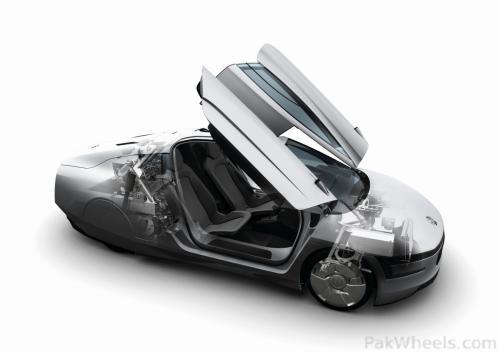
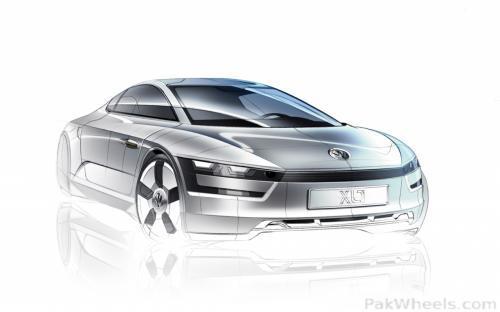
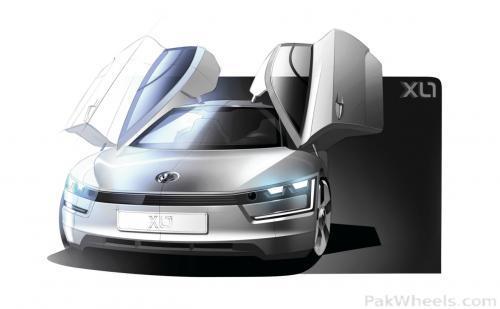
Fuel prices are increasing the world over and manufacturers ve turned towards fuel efficient cars!
The latese plans of VW are that Volkswagen will be taking its super-efficient Formula XL1 model to production by 2013.
So said VW Chairman Ferdinand Piech at an event ahead of the Quatar auto show in Doha, Quatar.
The production run, though, will be limited, and is likely not to top 100 units, according to VW development head, Ulrich Hackenberg. But the model will be for sale and not just produced for testing.
The XL1 will be rolled out in markets all around the world as Volkswagen CEO Martin Winterkorn explained to Automotive News Europe at the same event.
"We will bring out the XL1 in Europe first, initially Germany. The U.S. and China will follow at a later date," said Winterkorn.
VW is considering its production facilities in Wolfsburg and Dresden as possible plants to build the XL1.
The XL1 is Volkswagen's 'one-liter car' - a car that can run on less than 1 liter of fuel per 100 km.
The average fuel consumption on the XL1 is a remarkable 0.9 l/100 km (261.3 mpg US) and the car boasts CO2 emissions of 24 g/km.
It does so due to its lightweight construction which features a carbon fiber monocoque chassis and body panels made of carbon fiber reinforced polymer (CFRP). The XL1 is a two seat diesel-hybrid that weighs just 795 kg (1,753 lbs).
That diesel-hybrid setup consists of a 800cc two-cylinder TDI engine with 48 PS (35 kW / 47 bhp) working with a 27 PS (20 kW / 27 bhp) electric motor powered by a lithium-ion battery. 0 to 100 km/h comes in at a reasonable 11.9 seconds, top speed is electronically limited to 160 km/h (99 mph) and the car can travel up to 35 km (21.7 miles) on electric power alone.
Piech also said that the car won't be as expensive to produce as it would have been in the past as prices for carbon fiber materials were dropping given their extensive use in the aerospace industry by the likes of Boeing. Piech said that the carbon fiber in the XL1 costs about €5,000.
Prices are also falling on battery components as hybrid and electric car production expands around the world. The cost of a lithium-ion battery pack, according to Hackenberg, will drop to between €200 and €250 by 2013.